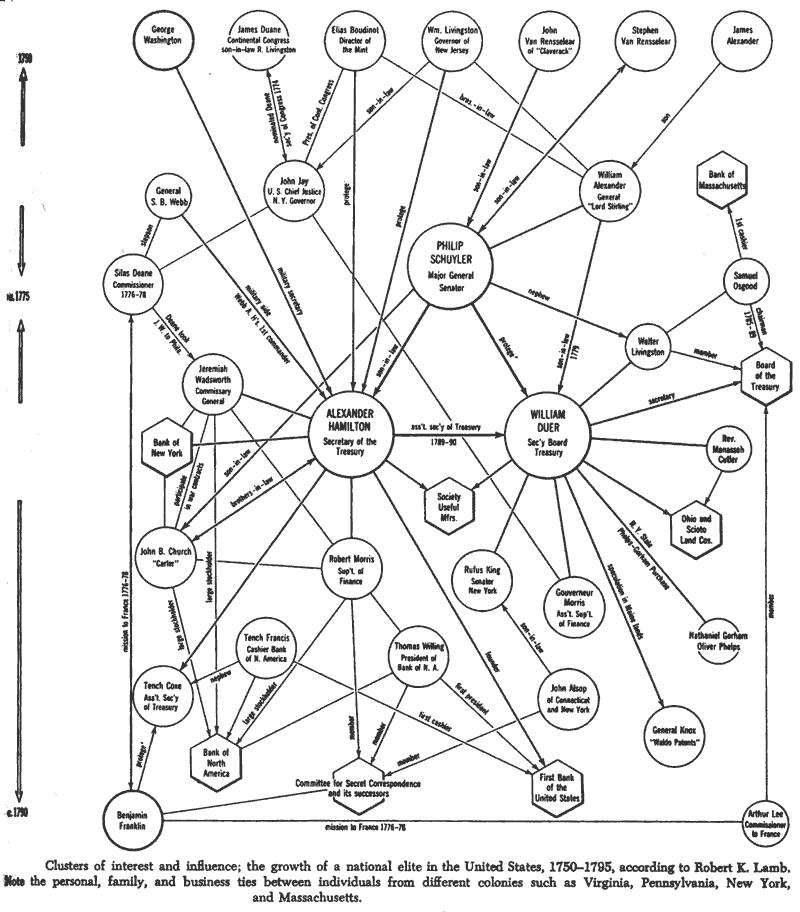
 7
7











Outdoor and Ecological articles (sporadic Mondays) at http://blog.dxlogan.com/ and my main site is found at http://www.dxlogan.com/
 2
2




Praying my way through the day
 1
1








Jerry McIntire wrote:
Land: This is a big hurdle, and I don't think a group needs land to find serious, like-minded people. A clear sense of what you're looking for and where is necessary, yes.
Having land is an added draw for folks who can't imagine it, but we purchased land and it didn't result in a flood of new members. One new household, so we're halfway to our critical mass of ten. We purposely formed the group first and built cohesiveness, our decision-making ability, and a specific vision because those are the most crucial needs. Diana Leafe Christian's book, "Creating a Life Together" was our blueprint for planning. We used it to avoid many of the pitfalls that have resulted in failed communities.
Jerry McIntire wrote:
Barriers: It doesn't happen without funds. Interns can be helpful, but people able to put in the sizable investment needed up front are the first requisite. Those are the ones to target with your specific plans and specific investment amounts and timelines, so that they can meet the group and decide if it's one they want to join.
We require a minimum of $5,000 to join at this time because we own land, and each of us has invested at least that amount to get to this point.
Outdoor and Ecological articles (sporadic Mondays) at http://blog.dxlogan.com/ and my main site is found at http://www.dxlogan.com/




Dale Hodgins wrote:For me, land and the right zoning for the land, is the most important thing. If my place was a build what you want sort of place, it would already contain a large village. It's not that sort of place, so it will probably never be a village site.
I will only pursue options that are likely to be approved. I doubt that the authorities will allow me to produce a subdivision.
I prefer the build it and they'll come approach, over the let's all do it together approach. This is because I have absolute confidence in my abilities as a builder and manager and very little faith that a committee would do anything but impede progress.
For me, a permit to construct an eco village is a back door route to running a rural motel with many unique activities for guests.
Outdoor and Ecological articles (sporadic Mondays) at http://blog.dxlogan.com/ and my main site is found at http://www.dxlogan.com/
 1
1




Wilde on Turtle Island
Walk Gently on our Mother Earth 
 6
6




 .
.




Outdoor and Ecological articles (sporadic Mondays) at http://blog.dxlogan.com/ and my main site is found at http://www.dxlogan.com/




D. Logan wrote:I have seen a few done similarly to this. They work like permaculture HOAs more than ICs most of the time. A group of people with property in the same area all working towards similar goals and an umbrella of rules that apply to everyone within that little community. Probably the only form of HOA I would consider ever living under really. Heck, Paul's setup could probably be counted like this when considering gappers and the group that was going to be buying the plot next door.
The only real stretch here is the idea of readily getting 50 leader personalities together that all agree about the land, it's division, etc. In the normal world, there is supposedly 1 leader personality for every 10 followers. I would wager among the back to basics sorts, it is more like 1 in 5 or better, but that still means pulling together over 200 people to find your leaders. Add to that the risk that everyone thinks they are the leader sort and several of your leaders might turn out to be leader parasites. Leader parasites having their own sovereign plots means you wouldn't be ousting them without careful planning in advance of ever setting the situation up. That, or you would have to own the land to start with and then just have people buy in for leader roles.
Regardless, individual plots under an umbrella HOA style setup actually exist already. Most of them don't advertize as IC's though it seems. They just list themselves as earth conscious communities, etc. At least, as far as I have seen, read, researched and observed. Still, it does say something that their success rates do seem higher than the average IC startup.
 1
1


























Jennifer Richardson wrote:Honestly, one of the biggest things I see turn people off of eco-villages (I mean, once we've moved beyond the pie-in-the-sky, can't actually find anyone to join except my spouse stage) is coming face to face with a (real or perceived) lack of autonomy (and, to a lesser degree, privacy). Potential villagers like the idea of community and of having the support of likeminded people, but when the sticking point comes and they have to deal with actual communal decision making and people all up in their business and shared ownership, they balk. Especially if they're sinking large amounts of money into the thing, which tends to give modern Westerners the gut feeling that they should now control the thing they paid for without anyone being able to interfere. Now, opinions may differ on whether this is reasonable & right versus whether it's some sort of inculcated atomized American(esque) hyper-individualist what-have-you, but I think it's a pretty big factor that gets glossed over and sort of an inherent (not to say insurmountable) tension at the heart of the ecovillage project.




I think underlying a lot of them is that the old and dominant socioeconomic and cultural systems have evolved along a track away from living in small community. Most of us have to re-learn what that means. This is not an easy process and although you could argue it is more natural to live in a small community (intentional or otherwise), making the transition doesn't SEEM natural at first.....

















Praying my way through the day
 1
1








Benjamin Sizemore wrote:
Oh I almost forgot the TOP SECRET reason why hippy, er planned communities fail. That is that most people lie to themselves a lot of the time about a lot of things and this enables them to lie to other people very convincingly. When on the subject of a person's deep-seated goals and aspirations, *and their willingness to WORK to achieve them and endure all manner of hardships,* you will find a lot of friends, spouses and random folks say "oh hell yes, I'd love to do something like that, you can count on me no matter WHAT!! THIS MEANS A LOT TO ME!!!" Then, when you wake them up at 4 am and say "The backhoe is broken and it's gonna rain tomorrow, so we gotta dig a 300 foot swale by hand today... Well, see how many times they show up enthusiastic about that. Right? This trickles down to the most mundane subject such as doing your goddam dirty dishes, etc.
Thesis: Re-evaluate the land scale of your concept of "community."




Benjamin Sizemore wrote:
The solution is to return to the second sentence of this post: Freedom and self-reliance. This requires that every LEADER have his OWN land. With permaculture, in a moderate temperate zone, this can be 5-15 acres, say. More in harsher climates, but not hugely more... 40-100 acres in an arid zone, perhaps. This is PER leader. This leader owns the land outright and has final say in all matters.








I do Permarchitecture online consulting at http://www.permarchitecture.net

|
Sasparilla and fresh horses for all my men! You will see to it, won't you tiny ad?
Learn Permaculture through a little hard work
https://wheaton-labs.com/bootcamp
|







